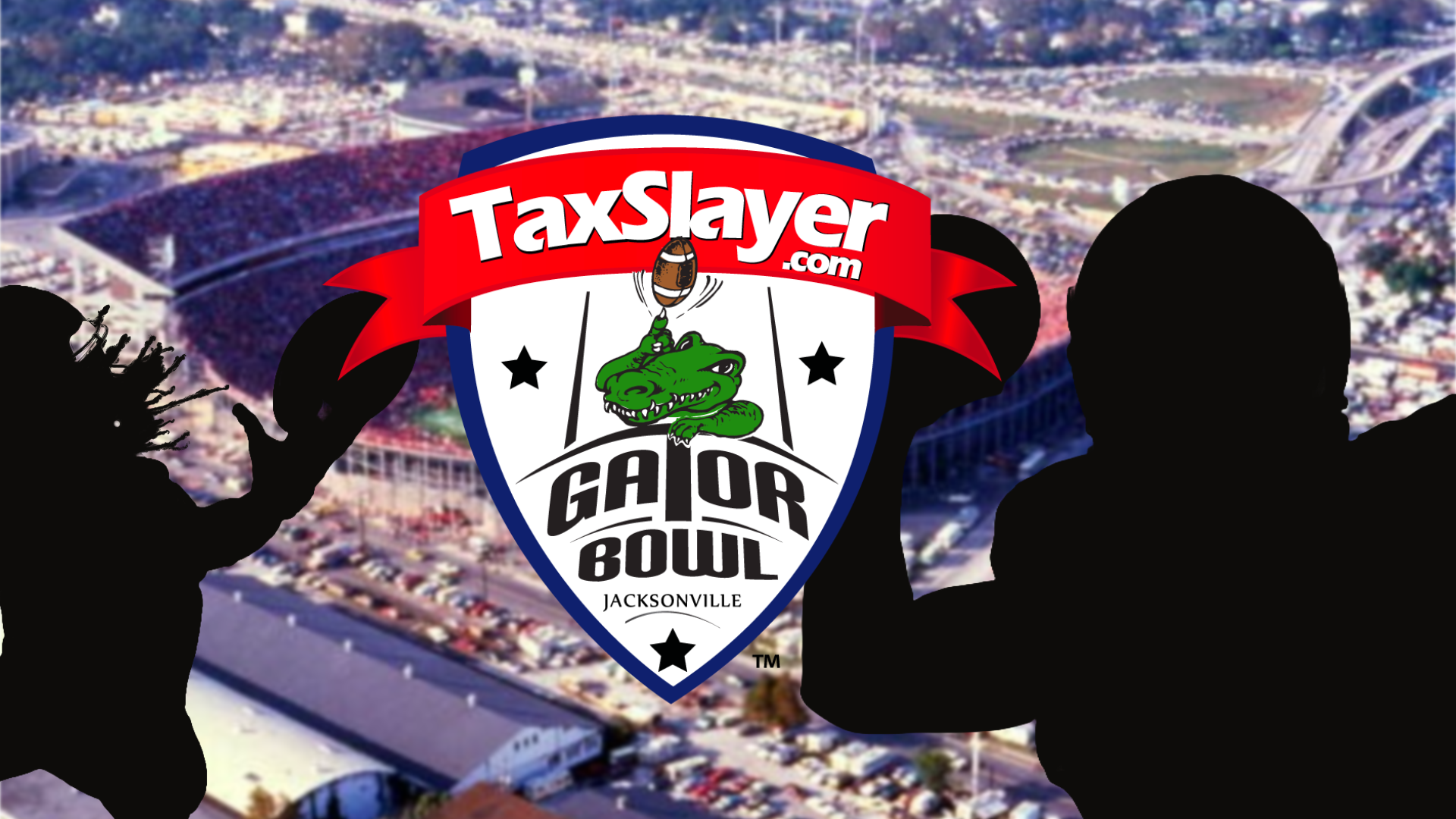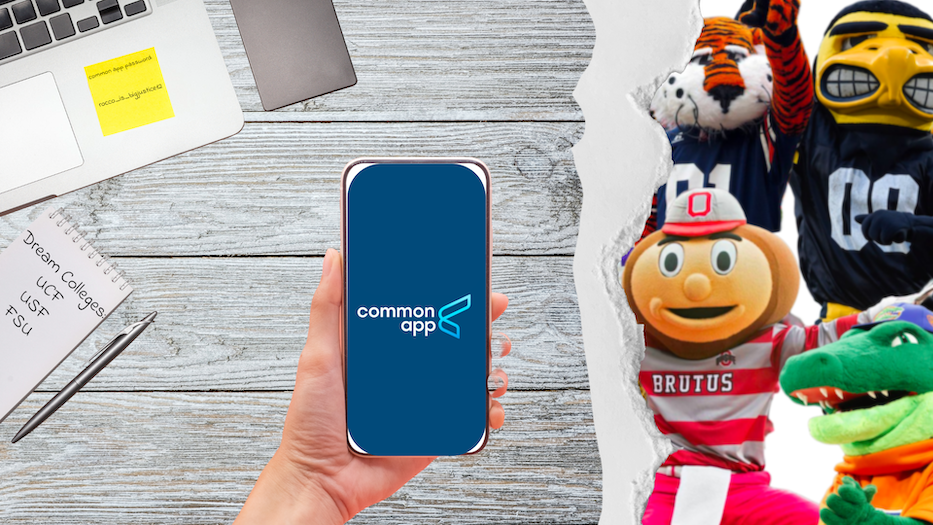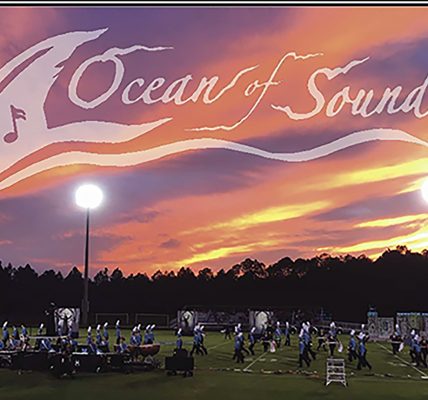By Ryder Navarra
The Gator Bowl, held annually in Jacksonville, Florida, is one of the oldest and most respected college football bowl games. Established in 1946, it was created to boost Jacksonville’s economy and display top-tier college football talent. Over the decades, the Gator Bowl has grown into a marquee event, attracting fans, players, and schools from across the country.
The first Gator Bowl game took place on January 1, 1946, at Jacksonville’s Fairfield Stadium. It featured Wake Forest and South Carolina, with Wake Forest taking home the victory in a 26–14 game. Since then, the event has undergone many changes but takes place in the original location of the Gator Bowl Stadium – today known as the modern TIAA Bank Field, which provides an ultramodern venue for fans and athletes alike.
One of the unique aspects of the Gator Bowl is its ability to host teams from different conferences, creating matchups that aren’t often seen during the regular season. Historically, the game has featured teams from the Southeastern Conference (SEC), Big Ten, Atlantic Coast Conference (ACC), and Big 12, among others. This diversity has contributed to its reputation as a competitive and exciting postseason game.
Over the years, the Gator Bowl has also been a platform for many players who went on to have legendary NFL careers. Names like Peyton Manning, Dan Marino, and Thurman Thomas all played in this bowl, cementing its reputation for future stars.
The game has seen its share of thrilling moments. One of the most notable and infamous occurred in 1978, when Ohio State coach Woody Hayes famously punched a Clemson player, marking one of the most controversial moments in college football history. On a lighter note, the Gator Bowl has also been home to incredible athletic performances, including record-setting touchdowns and nail-biting finishes.
The 2025 Gator Bowl marks a historic milestone—the game’s 80th anniversary. What began in 1946 as a regional showcase has grown into one of college football’s most enduring traditions. To celebrate, organizers are planning special events leading up to the January 2, 2025 game, which will feature a matchup between Duke and Ole Miss, such as legacy tailgates and pep rallies. Beyond the game itself, the Gator Bowl continues to play a significant role in the Jacksonville community. Each year, the event generates millions of dollars for the local economy, drawing fans to hotels, restaurants, and shops. The Gator Bowl Association also supports charitable initiatives, including scholarships for local students and community programs, ensuring the bowl’s legacy extends far beyond football.
As it approaches its 80th anniversary, the Gator Bowl stands as a testament to the enduring appeal of college football. From its humble beginnings in 1946 to its status as one of the most prestigious postseason games, the bowl continues to captivate fans and create unforgettable memories for college football fans.
Whether a lifelong supporter or tuning in for the first time for a casual viewing, the 2025 Gator Bowl promises to be an event worth watching.
Graphic by Ryder Navarra





